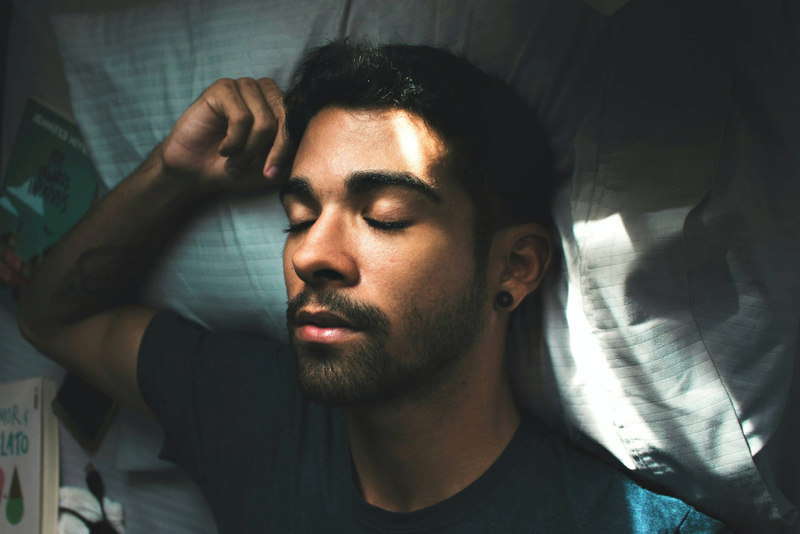News
The 10-3-2-1-0 Method for Enhanced Recovery
Kamerin Hargrove
March 07, 2024

The 10-3-2-1-0 method systematically prepares the body and mind for restorative sleep. Each number represents a period leading up to bedtime, during which certain actions are taken to promote relaxation and enhance sleep quality.
Brittney Huntimer, a physical therapist at Howard Head Sports Medicine, emphasizes proper rest for pain control and overall recovery.
“I use the analogy of fueling your gas tank,” said Huntimer. “When you fill up your gas tank in your vehicle, you have a certain number of miles you can drive before you need to refill, and if you continue to drive your car beyond that mileage, your car will not run.”
Quality sleep is essential to the body’s ability to repair and rebuild damaged tissues and has been shown to reduce sensitivity to pain and improve pain tolerance. Adequate rest can also optimize the body’s ability to adapt to new movement patterns and exercises, leading to improved mobility and functional outcomes. Without good sleep, deprivation can impair cognitive function and coordination, thus increasing the risk of accidents and injuries.
The 10-3-2-1-0 Breakdown:
- 10 hours before bed: Stop drinking caffeine. It takes 10 hours for caffeine to leave the bloodstream. Since caffeine disrupts sleep, limit consumption to the morning only.
- 3 hours before bed: Stop eating and drinking alcohol. Eating a late meal or snack can disrupt the body’s circadian rhythm, forcing the muscles that digest and metabolize food to work instead of rest, thereby disrupting the sleep cycle.
- 2 hours before bed: Stop working. Whether it’s physical or mental work, give your body and brain at least two hours to relax and prepare for rest. Avoid reading emails or cramming for an exam, for instance. Instead, engage in activities that send signals to your brain that it’s time for sleep—consider taking a shower, deep breathing/meditation or reading a book. If you’re prone to racing thoughts at night, keep a notebook by your bedside and jot down the thoughts to eliminate the worry of forgetting something important. They’ll be there in the morning!
- 1 hour before bed: Disconnect from all electronic devices. That includes phones, tablets and televisions. Blue light from electronics reduces the production of melatonin, which controls your sleep-wake cycle, making it difficult to fall asleep and wake up the next morning. Blue light reduces rapid-eye movement (REM) sleep, which is needed for cognitive functioning. So, stop scrolling and binge-watching at least one hour before bedtime.
- 0: Zero represents the number of times you should hit the snooze button on your alarm clock in the morning. Snoozing disrupts REM sleep and can trigger a flight-or-fight response. When the alarm goes off, try counting backwards from three and hop right out of bed.
More News
-
More

Howard Head physical therapist headed to Milano Cortina with U.S. Snowboard Cross Team
When Vail Health Howard Head Sports Medicine physical therapist Helen Bradley learned she was headed to the Winter...
-
More

Eagle physical therapist joins the U.S. Air Force’s 9G club
Eagle resident Devyn Kammert, a physical therapist with Howard Head Sports Medicine,
-
More

Optimize Your Ride: What Is a Medical Bike Fit and Why It Matters
Whether you're a weekend warrior, daily commuter or competitive cyclist, comfort and performance on your bike are...





